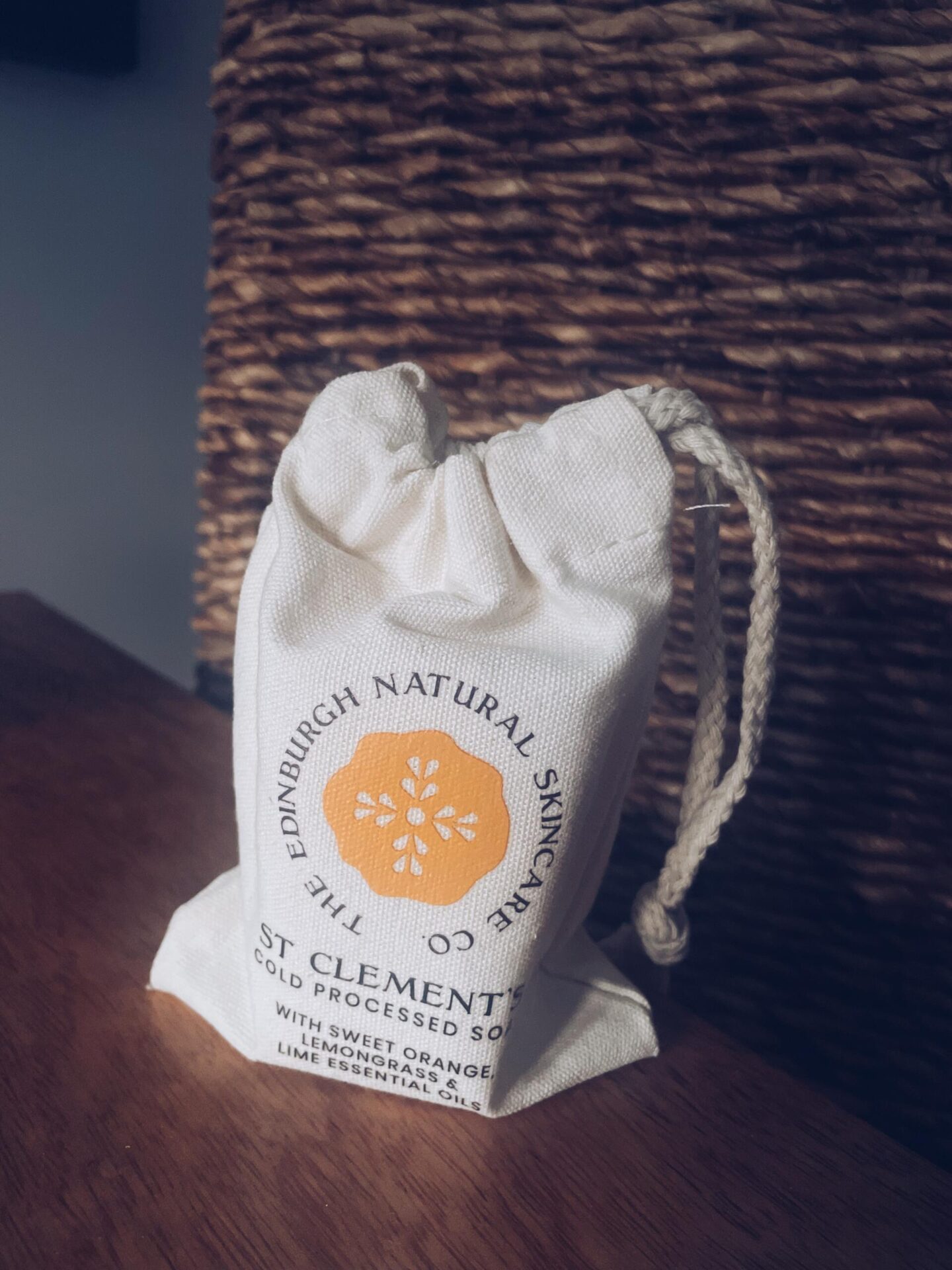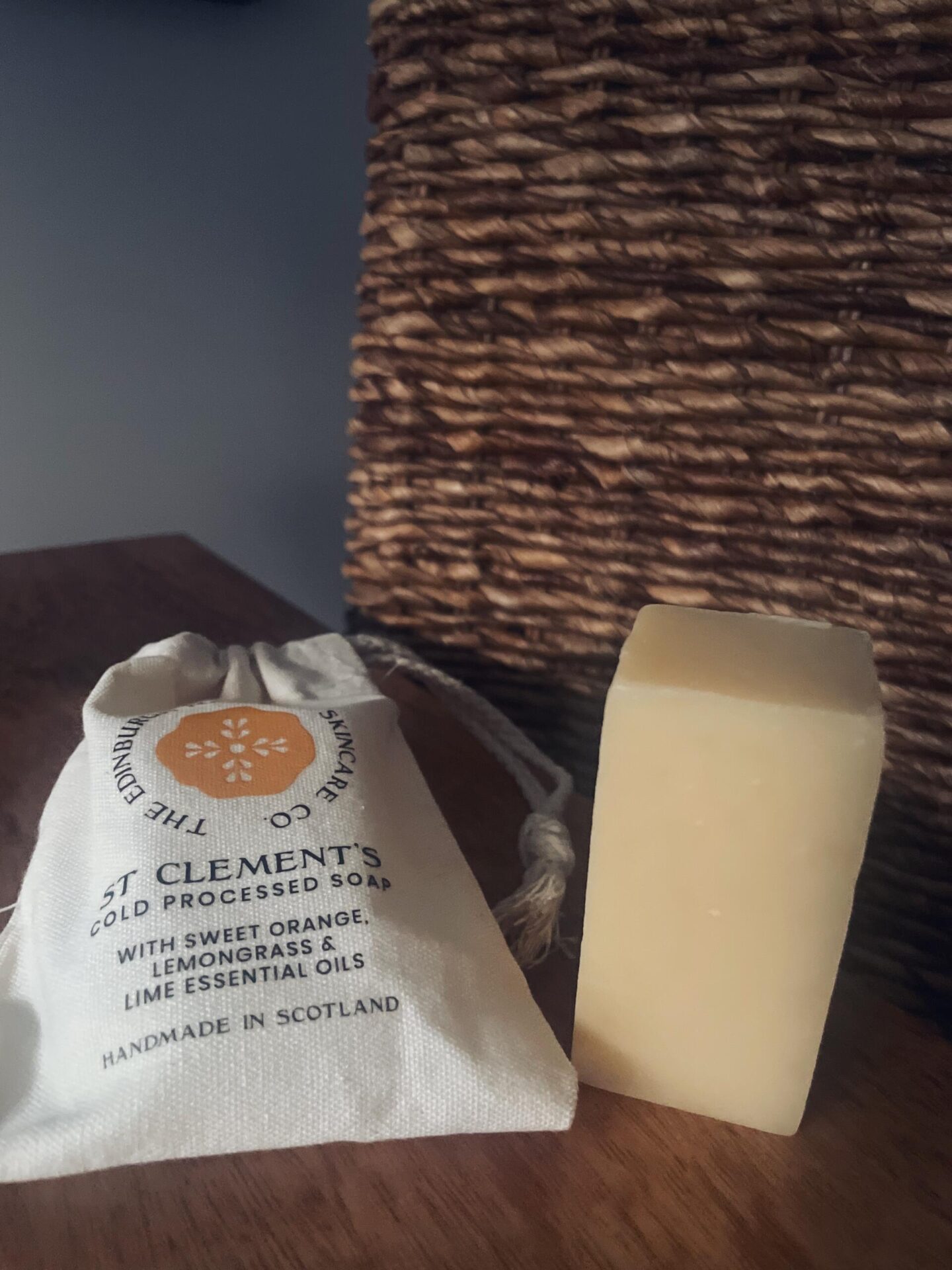
The impact of plastic pollution on our oceans has become an alarming reality. With Oceans of Plastics Day approaching in 2024, it’s time to take a closer look at how our everyday choices, particularly in skincare, contribute to this crisis. Making the shift to plastic-free natural skincare not only benefits our skin but also plays a significant role in protecting our planet.
Understanding the Plastic Problem
Every year, millions of tons of plastic waste end up in our oceans, harming marine life and ecosystems. The skincare industry is one of the significant contributors to this issue, with a vast majority of products packaged in plastic. From cleansers to moisturisers, these containers often end up in landfills or, worse, our oceans, where they can take hundreds of years to decompose. This is where we have the power to make a change.
The Benefits of Plastic-Free Skincare
Transitioning to plastic-free natural skincare offers numerous benefits. Firstly, natural ingredients are generally better for our skin and health. Many conventional products contain harmful chemicals that can irritate the skin and disrupt endocrine function. By choosing natural skincare options, you not only nourish your skin but also reduce exposure to these harmful substances.
Moreover, plastic-free packaging is often biodegradable or recyclable, significantly reducing your environmental footprint. Brands are increasingly adopting sustainable practices, using materials like glass, metal, or compostable packaging, which are far more eco-friendly than plastic.
Making the Switch with The Edinburgh Natural Skincare Company

This luxurious face and body soap is crafted with 100% natural ingredients including Sweet Orange and Lemongrass essential oils. It offers a thorough cleansing experience without damaging the planet and is housed in a beautiful reusable bag that helps reduce single-use plastics. This beautiful soap smells incredible and makes switching to plastic-free beauty a breeze.

This hydrating day cream is bursting with natural ingredients such as Avocado Butter and Frankincense. It comes in a luxury reusable glass jar that minimises plastic waste, contributing to a more sustainable beauty routine. It has become a firm favourite in my household.
Making the transition to plastic-free natural skincare can feel daunting, but it doesn’t have to be. Here are some steps to help you get started:
Assess Your Current Routine: Take a moment to evaluate the products you currently use. Identify those that come in plastic packaging and consider their ingredients.
Research Brands: Look for skincare brands that prioritise sustainability and use plastic-free packaging. Many brands like The Edinburgh Natural Skincare Company are committed to ethical sourcing and transparency about their ingredients that are 100% natural.
Gradual Replacement: You don’t need to overhaul your entire skincare routine overnight. Gradually replace your plastic-packaged products with sustainable alternatives as you run out.
Spread Awareness: As you make the switch, share your journey with friends and family. Raising awareness about the impact of plastic pollution and the benefits of natural skincare can inspire others to make changes, too.
Join the Movement on Oceans of Plastics Day
Oceans of Plastics Day 2024 is an opportunity to come together and raise awareness about the critical issue of plastic pollution. Participate in local events, clean-up drives, or online campaigns that focus on reducing plastic waste. Every small action contributes to a larger movement towards protecting our oceans.
The shift to plastic-free natural skincare is not just a trend; it’s a necessary step towards a healthier planet. By choosing sustainable products, we can significantly reduce our plastic consumption and protect our oceans for future generations.
As Oceans of Plastics Day approaches, let’s commit to making informed choices that benefit not only our skin but also the environment. Together, we can create a wave of change that ripples throughout the world, promoting a cleaner, greener, and plastic-free future.

